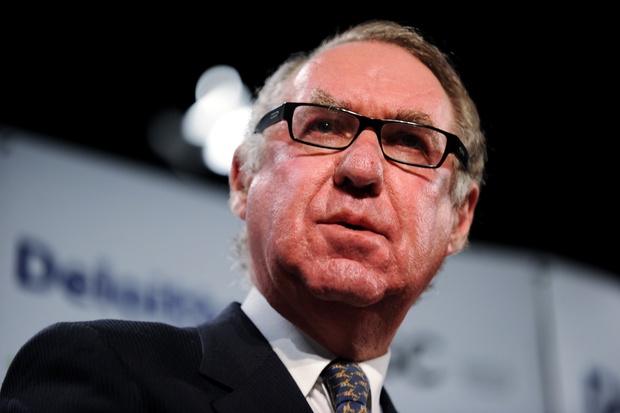The latest Gonski review into the quality of Australian schooling recommends radical reform to our education system.
The report highlights declining academic standards and sheets the blame on our schools’ inflexible curriculum and assessment which fails to tailor teaching and assessment to individual students.
“Many Australian schools are cruising, not improving!”
The solution is to develop a new on-line and on-demand student learning assessment tool which would better monitor student progress.
The review advocates improving the status of teaching and school leadership professions, presumably to attract more capable practitioners into the profession.
How easy it is to blame teachers for “failing a generation of Australian school children by not enabling them to reach their full learning potential.”
Gonski’s answer is to employ smarter teachers and focus on individual learning growth for all students. Whilst this solution appeals in its simplicity, it fails to acknowledge the impact that culture, politics, economics and technology have on our schools.
More and more is expected of teachers and schools in an already overloaded curriculum to remediate all of society’s dysfunctionality and ills. The vast majority of teachers are dedicated, if not overwhelmed by the demands on them, often with little support from parents and their managers.
My argument would be that Gonski’s report is radical in name only. ‘Radical’ suggests getting back to the root of the problem which his report clearly does not. A good place to start would be to arrive at a consensus as to exactly what are the ultimate goals of education. What qualities, skills, attributes and knowledge would an ideal secondary school graduate possess? If, for example, we want our graduates to be compassionate human beings committed to building a better and fairer world, how would our curriculum foster such an aspiration?
If we want a better world then we need to enculturate our students with the values that will contribute to that goal. We need every teacher in every class in every school to have no doubt as to what values and goals our schools are committed to.
Although it would not be my preference, if schools are to exist solely to promote academic excellence, the traditional goal of education, then let teachers get on with the job, unencumbered by the myriad distracting demands that now waste so much of their time. Regardless, just make it clear to teachers, parents and students what are the fundamental goals of education and work together to achieve them.
For my part, I would prefer to lead international league tables on criteria such as compassionate human beings who care about the less fortunate; graduates who have finely-tuned crap detectors and who are passionate about making the world a better place.
